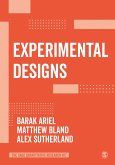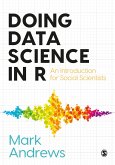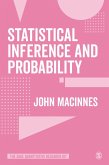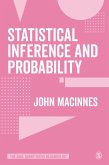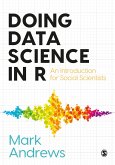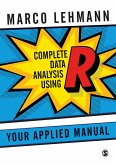The fourth book in The SAGE Quantitative Research Kit, this resource covers the basics of designing and conducting basic experiments, outlining the various types of experimental designs available to researchers, while providing step-by-step guidance on how to conduct your own experiment.
As well as an in-depth discussion of Random Controlled Trials (RCTs), this text highlights effective alternatives to this method and includes practical steps on how to successfully adopt them. Topics include:
· The advantages of randomisation
· How to avoid common design pitfalls that reduce the validity of experiments
· How to maintain controlled settings and pilot tests
· How to conduct quasi-experiments when RCTs are not an option
Practical and succintly written, this book will give you the know-how and confidence needed to succeed on your quantitative research journey.
As well as an in-depth discussion of Random Controlled Trials (RCTs), this text highlights effective alternatives to this method and includes practical steps on how to successfully adopt them. Topics include:
· The advantages of randomisation
· How to avoid common design pitfalls that reduce the validity of experiments
· How to maintain controlled settings and pilot tests
· How to conduct quasi-experiments when RCTs are not an option
Practical and succintly written, this book will give you the know-how and confidence needed to succeed on your quantitative research journey.
Dieser Download kann aus rechtlichen Gründen nur mit Rechnungsadresse in A, D ausgeliefert werden.



